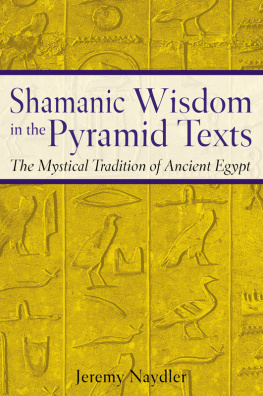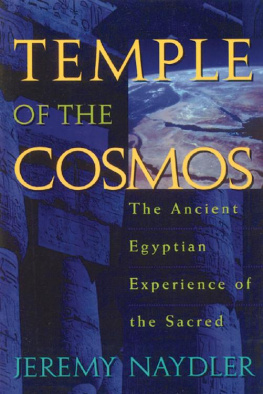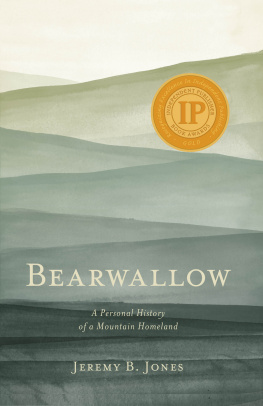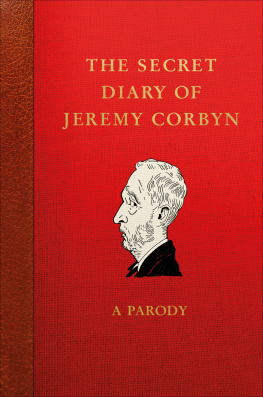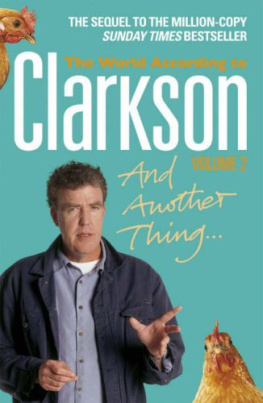Jeremy Naydler - The Future of the Ancient World
Here you can read online Jeremy Naydler - The Future of the Ancient World full text of the book (entire story) in english for free. Download pdf and epub, get meaning, cover and reviews about this ebook. genre: Religion. Description of the work, (preface) as well as reviews are available. Best literature library LitArk.com created for fans of good reading and offers a wide selection of genres:
Romance novel
Science fiction
Adventure
Detective
Science
History
Home and family
Prose
Art
Politics
Computer
Non-fiction
Religion
Business
Children
Humor
Choose a favorite category and find really read worthwhile books. Enjoy immersion in the world of imagination, feel the emotions of the characters or learn something new for yourself, make an fascinating discovery.

- Book:The Future of the Ancient World
- Author:
- Genre:
- Rating:3 / 5
- Favourites:Add to favourites
- Your mark:
- 60
- 1
- 2
- 3
- 4
- 5
The Future of the Ancient World: summary, description and annotation
We offer to read an annotation, description, summary or preface (depends on what the author of the book "The Future of the Ancient World" wrote himself). If you haven't found the necessary information about the book — write in the comments, we will try to find it.
The Future of the Ancient World — read online for free the complete book (whole text) full work
Below is the text of the book, divided by pages. System saving the place of the last page read, allows you to conveniently read the book "The Future of the Ancient World" online for free, without having to search again every time where you left off. Put a bookmark, and you can go to the page where you finished reading at any time.
Font size:
Interval:
Bookmark:
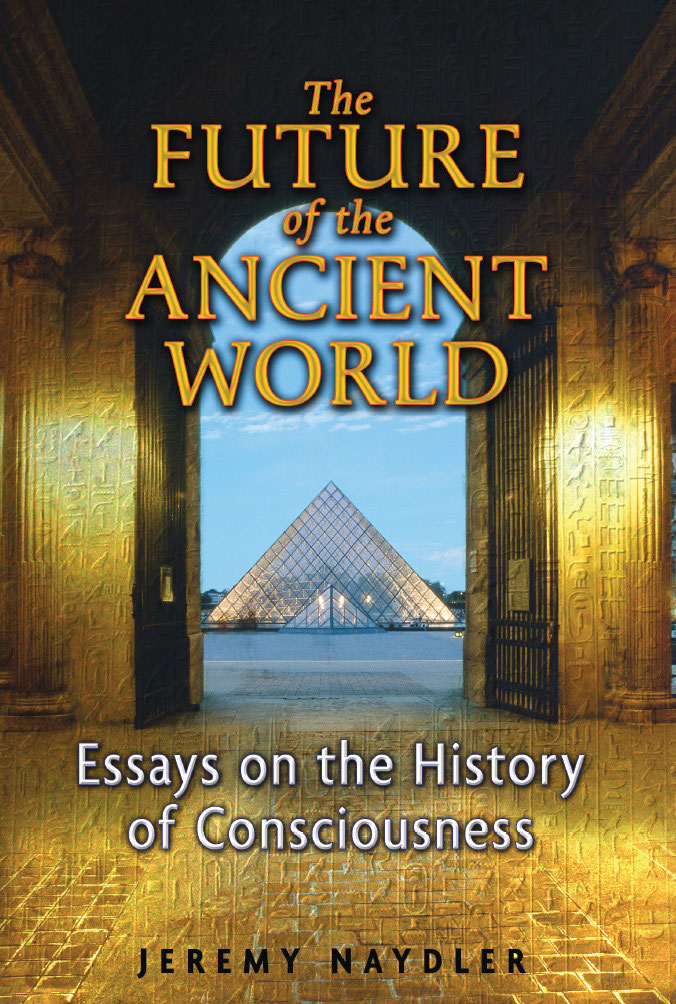
Temple of the Cosmos
A book that breaks new ground, a scholarly yet esoteric approach to an ancient culture and religion.
Critical Review
... not only evokes the atmosphere of the myths, but re-creates that all too rare relationship with them that enables us to understand what it means to be part of ongoing cosmic processes as sacred realities.
I. M. Oderberg, Sunrise: Theosophical Perspectives
The reader experiences living issues rather than the cold reconstructions of a guide book.
Clement Salaman, Temenos Academy Review
Shamanic Wisdom in the Pyramid Texts
A model of how to engage with religious literature and, still more widely, with the sacred dimension of life.... Serves as a mirror to our own consciousness, reflecting back to us objective spiritual realities which have fallen out of contemporary discourse, and waking us up to deeper layers of our own humanity.... An essential book for all of us who long to experience the greater possibilities of the human psyche.
Jules Cashford, Temenos Academy Review
An invaluable contribution to the dialogue about the mysteries of ancient Egypt.
Rosicrucian Digest
The
FUTURE
of the
ANCIENT
WORLD
Essays on the History
of Consciousness
JEREMY NAYDLER

Inner Traditions
Rochester, Vermont Toronto, Canada

This book is dedicated to Patrick Gordon




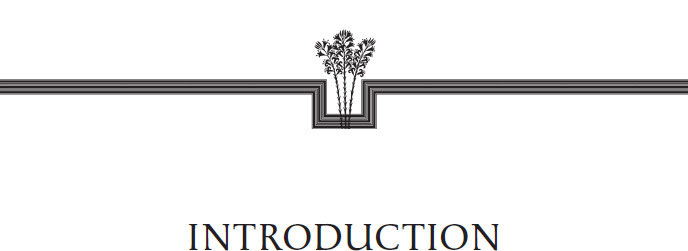
Why should we concern ourselves with the past, especially the rather distant past of bygone civilizations like ancient Egypt and Mesopotamia, Greece and Rome? The reason, I believe, is that our relationship to the past is at the same time a relationship to ourselves. It is a relationship to a dimension of ourselves that we have become largely unconscious of today. It nevertheless calls to us from hidden depths. By heeding this call, we come to recognize that the depths of the past lie within us, and that the voice that sounds from these depths is our own voice, which we have for too long neglected.
Were we to heed this voice, we would hear it telling us that todays common sense view of the world in which what is real is equated with what has material existence, and is therefore best known and understood through the methods of contemporary materialistic science, is a narrow and sadly reduced view of the world compared to that of the ancients. We would also hear it telling us that our modern standards of what is normal, acceptable, and sane are not absolute or beyond question, because they would have been regarded by people in ancient times as quite the opposite. We might also hear this voice remonstrating with us over our cherished belief in progress, by means of which we permit ourselves to look with condescension, if not disdain, upon cultures prior to our own and thereby bolster up a dismissive attitude to an important dimension of human experience. Today this dimension of experience, for so long suppressed, seems increasingly to impinge upon our lives and to demand our attention.
There is, then, the possibility that we might learn something from the past, if we approach it with due respect. This is not to say that we should idolize the past. Ancient consciousness placed supreme value on maintaining contact with the spirit world through divination, sacrifice, worship, ritual, and visionary experience. Modern consciousness, by contrast, has replaced deference toward the world of spirit with deference to rational analysis and evidence-based research that excludes any notion of nonphysical aspects of reality. At the same time, however, modernity has come to place great value on the ideal of individual freedom. In retrospect, we may judge that the ancients lacked any corresponding ideal of freedomindeed, they would have regarded it as sacrilegious. The path of the historical development of consciousness has been neither one of simple progress nor of decline, but rather a process of gains and losses. We have gained a degree of mental focus and alacrity, and we have gained freedom, but in the process we have lost the relatedness that existed in antiquity to the world of spirit.
Today there is a deep longing in our culture to reconnect to this spiritual world, for we are not whole without it. But our longing cannot be satisfied by embracing religious belief alone, no matter how emotional the embrace, for our longing is at root a hunger and thirst for the experience of interior realities. If, however, we are to forge a new relationship to the invisible world of spirit based on experience, what will distinguish it from the past is the modern necessity that it be based on our own autonomy as free individuals, able to think, decide, and act for ourselves. The ideal toward which we need to work today is that of a future reconnection with the realm of spirit in which we retain our capacity to think discriminatively and in which we retain our individual moral autonomy. Only thereby will the ancient world acquire an appropriate and authentic future.
This book collects together twelve essays written between 1993 and 2007. It takes a more varied approach to the cultures of antiquity than either of the two previous books that I have written on the culture and religious life of ancient Egypt. Temple of the Cosmos (1996) gave an overview of the ancient Egyptian experience of the sacred and was intended to be a general introduction to the consciousness of the ancient Egyptians, which was so highly attuned to the spirit world. Shamanic Wisdom in the Pyramid Texts (2005) was a more narrowly focused study that offered a new interpretation of the ancient Egyptian Pyramid Texts and the mystical and initiatory rituals described therein. The present book, whose twelve essays were written before, during, and after the publication of these two books, ranges beyond the culture of Egypt to the cultures of Mesopotamia, Crete, Greece, and Rome, as well as reflecting on the significance of early Christianity. More explicitly than the two previous volumes, it aims to bring the consciousness that prevailed in ancient times into relationship with our situation now. The underlying purpose of these essays is to try to shed light on the historical development of human consciousness, from antiquity to the present day, and from the present into the future. Over the years during which these essays were written, I have felt inwardly compelled to return again and again to this subject, each time approaching it freshly from a different standpoint. It has seemed to me that without understanding the historical development of consciousness, we cannot make sense of the manifold crises facing contemporary culture, nor begin effectively to answer the core philosophical and existential questions that all of us need to address: Where have we come from? Where are we going? Why are we here? What must we do?
Font size:
Interval:
Bookmark:
Similar books «The Future of the Ancient World»
Look at similar books to The Future of the Ancient World. We have selected literature similar in name and meaning in the hope of providing readers with more options to find new, interesting, not yet read works.
Discussion, reviews of the book The Future of the Ancient World and just readers' own opinions. Leave your comments, write what you think about the work, its meaning or the main characters. Specify what exactly you liked and what you didn't like, and why you think so.

